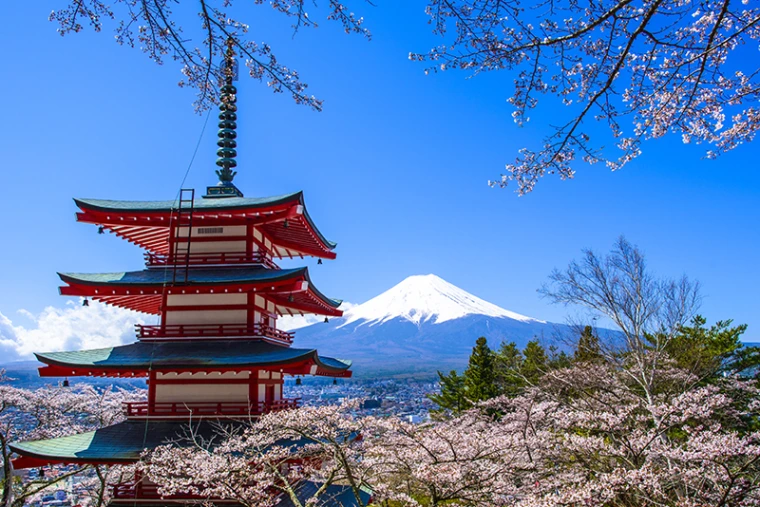This talk aims to illuminate the dynamics of the post-World War I reconfiguration of the Japanese empire through the lens of Okinawa prefecture. It brings together four sets of works: migration studies, research on the agrarian question, colonial studies and social reproduction theory.
Between 60-72% of Okinawa’s migrant workers were male. The increased burdens for female agriculturalists that accompanied this were exacerbated by the state’s protectionist policies. These policies intensified the burdens that women of Okinawa’s agrarian villages shouldered.
The ledgers of the Ministry of Agriculture’s Farm Household Survey provide us with fragments through which the lives of these women can be imagined. This talk considers how scholars might grapple with the silences that dominate the archival record of women’s lives in wartime Okinawa.
Wendy Matsamura, Department of History - UC San DiegoDr. Matsumura received her Ph.D. in History from New York University in 2007.
The completion of her first book, The Limits of Okinawa (Duke University Press, 2015) and research for her next project was supported by a Fulbright research fellowship in Kyoto from 2012-2013. She is currently working on two major research projects: the first on the unfolding of transnational labor struggles across Japan’s prewar sugar empire and the second on the emergence of the concept of surplus labor in Japanese social scientific discourse. Dr. Matsumura will teach undergraduate and graduate courses on the development of class antagonisms, gender oppression and racialized discourses in the Japanese empire. She values the diverse range of life experiences, political commitments and learning styles that her students bring to the study of modern Japan.


